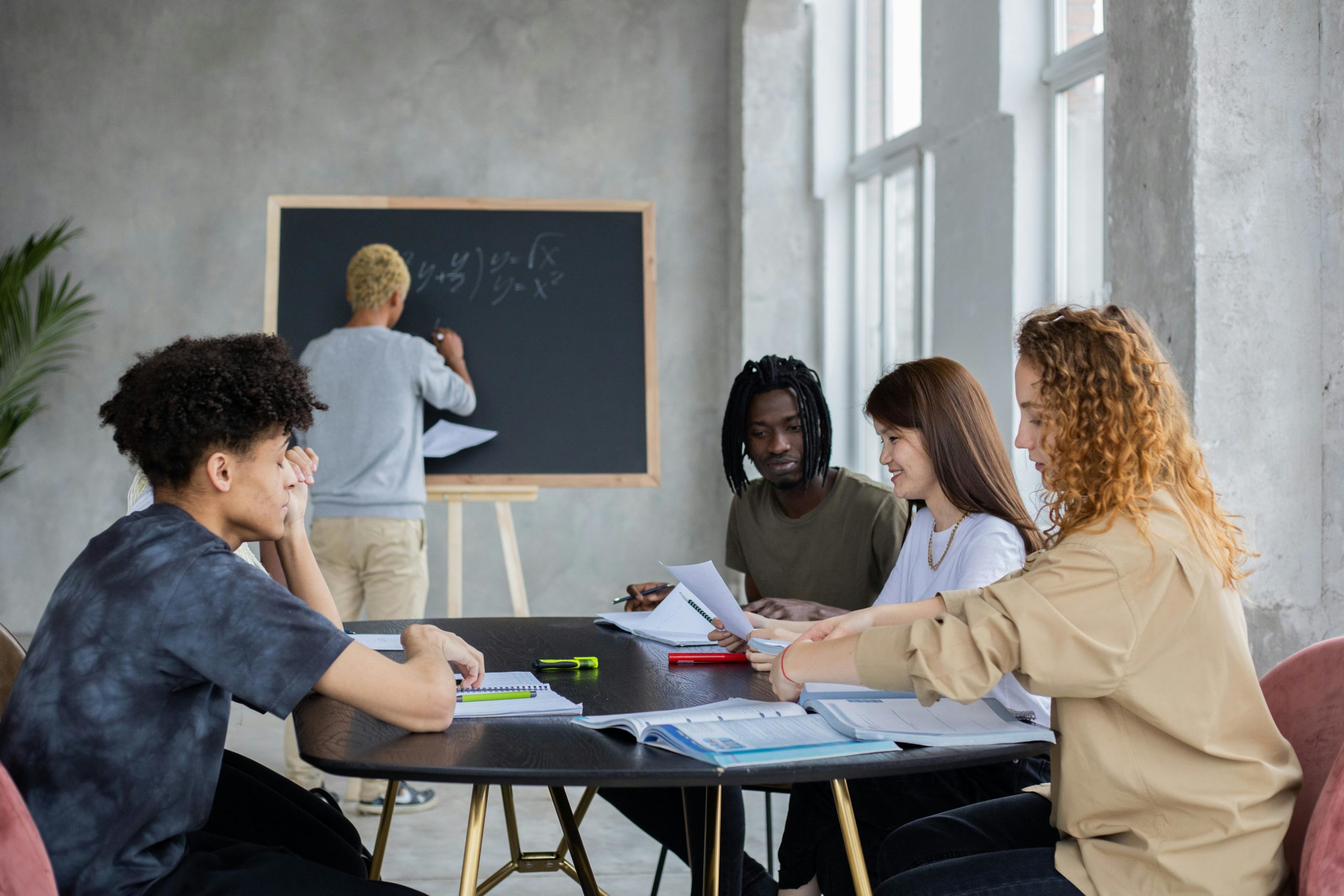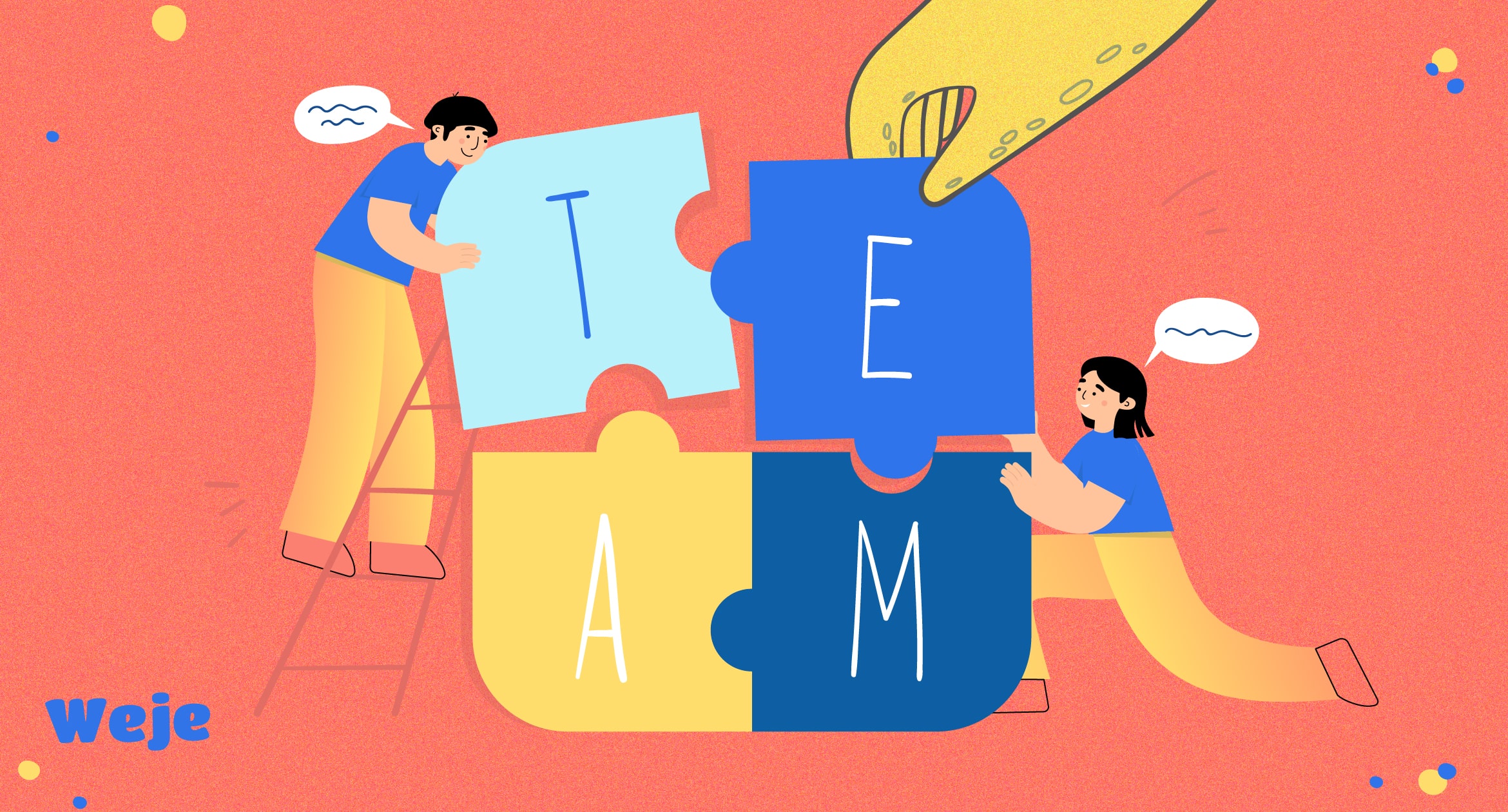Are you the kind of person who prefers to work alone on projects and planning? Do you get nervous at the thought of having to engage with other people in your work? If it happens, then you are in for a bumpy ride. Whatever kind of occupation you are going to have, collaboration will likely be a part of it in some way or another. Therefore, the ability to collaborate is considered important in today’s workplace. Teamwork skills are not only valuable in your future workplace, but they will also be valuable in your school. Now is the time to overcome those group project phobias and seize these opportunities to enhance particular skills.
Sets Up Pupils for a Successful Future
Positive results outside the class are mostly a result of work done in groups. Most of the professional routes interrelate in one way or another. It is thus imperative to work with other people as employees in almost any organization. That is why supervisors look for personnel who have exhibited their ability to work efficiently in a team environment. The introduction of group activities in the early stages of learning enables the children to engage in lessons with their peers in a teaming agenda that is not only efficient but also enjoyable. This pleasure that they are going to get will be evident in their performance at work and the future careers that they are going to build.
Students Get Ready for Professional Business Environments Through Group Work
Although team dynamics are beneficial to every student, business school students can gain significantly from them. Teamwork in a classroom is a major component of management courses, and students work in fast-paced environments from start-ups to boardrooms. According to a study that was conducted in the MIT Sloan Business Review, more than three-quarters of the survey respondents said that they worked in collaboration for more than four in every ten working hours. Hence, apart from ‘hard skills’ like statistical analysis, training in finance and accounting, and marketing knowledge, managers and recruiters are in search of team players. These management programs can enable the pupils to be useful members of company effective student teams as they are informed on how to express themselves, set and manage group agendas, and give feedback. Group work should be included in graduates’ resumes, and they should be prepared to explain it during an interview or job search. The employers will require proof of group work during their studies as they are looking for future working partners. This is a good way to imitate the work of a professional team.

What Effects Does Competition Have on Students?
There are several other ways through which students in schools, colleges, and universities can benefit from competition. The following are some advantages of competition for students:
● The process of competition enables the students to be motivated to achieve their goals and objectives, and at the same time, competition offers them feedback and recognition of their achievements.
● Competition also has an impact on the students, wherein they can develop self-discipline, persistence, and resilience, which are important in their lives academically and in the future, Lucia Pozzan.
● Students can be taught time management, feelings, materials, and winners and losers through completion with other students or with set goals.
On the other hand, competition may also pose negative impacts on the students’ relationships and overall welfare, such as stress, anxiety, cheating, low self-esteem, and less collaboration.
Good Communication Is Essential for Successful Teamwork
There is no aspect of a team’s performance that is not total. This means that a student study team is good not only in one aspect but also in all aspects. It also helps the development of other softer competencies. Out of these, interpersonal and collaborative skills are interrelated. In this case, only after someone speaks up, other members of the team can be heard. In some cases, students who need more time to open up might use a writing service that can help them express everything on their minds through writing or handle the request "do homework for me". Afterwards, it will be much easier for them to speak up. When you listen to what they are going to do and what strategies they are going to use, try to note down how the group arrives at its decision. Cooperation is only possible if good communication is put in place since it helps the members to work together. When there is good communication within the team, everyone on the team knows each other. The idea may also be realized in a shorter time with the help of positive criticism. Another positive aspect that can be associated with group work is the fact that through effective communication, everyone gets to learn. It is also good working in a group because you can share your knowledge with others and at the same time you can get to learn about aspects you were not familiar with. Thus, communication is critical for collaboration since it accelerates the accomplishment of a project and enhances the understanding of the team members.
It Teaches Them How to Listen and Speak
Children learn listening through cooperation, and this forms the basis of good communication. One cannot perform the task of communication without listening. The importance of teamwork for students is diminished, and interaction is narrowed down to the speaker. To know how to perform their respective duties, the team members must listen to their respective trainers first. As a single entity, they must then find how to listen to one another; and since this is a group of people, it means they have to work as a team. The last competence they must master is the ability to listen to their competitors. This is a different type of listening, which involves listening with your eyes open to look at social signals. These social cues will become a critical part of their social skills for the rest of their lives. Perhaps children begin to learn how to speak when they can listen to others as well. They can, of course, say something, but to speak is something quite different. It is about being able to communicate with people and know how to engage them than just addressing them. Speaking helps children implement the respect that they get from listening to the opinions of others. Dealing with people displays one’s knowledge and respect for them, which plays a crucial role in teamwork.
Conclusion
Upon being grouped, the students will be able to recognize the characteristics of effective teamwork for students from the activities they will undergo. This way, students are prepared to work in a group for the next task, which also requires teamwork. Doing group assignments in school or other tasks like escape rooms or commercial projects will assist the learner in learning how to work in a group in a way that enhances the performance of the whole team rather than compete against it. Continue to build trust and leadership among your team and leverage the skills that you and your team have on the project!
Published: July 15, 2024





